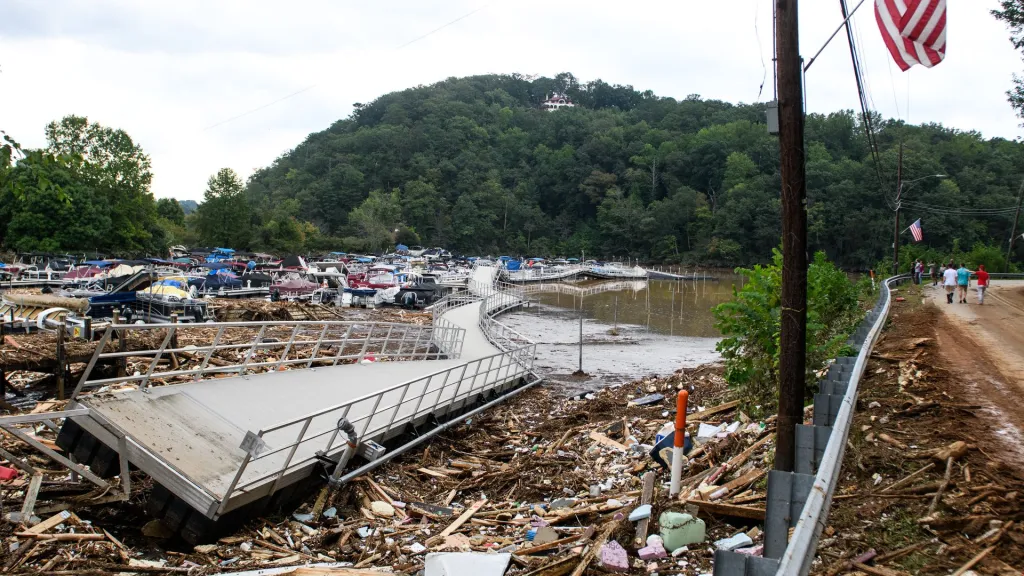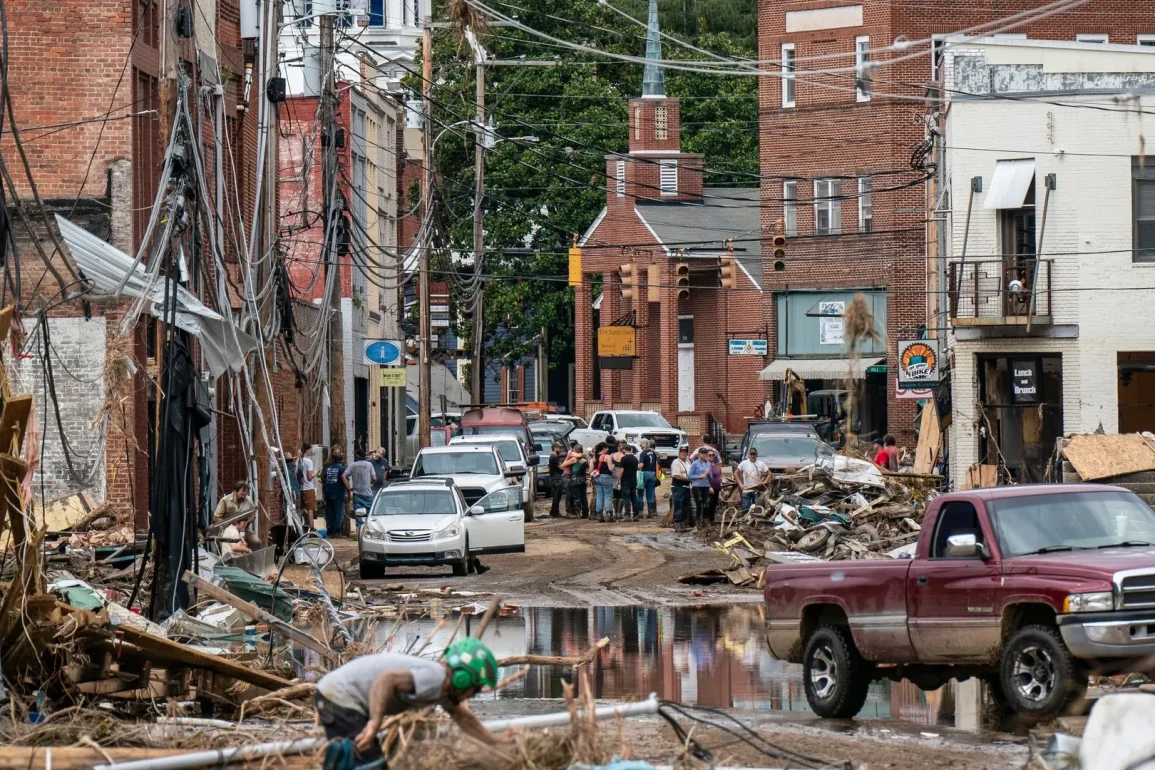Hurricane Helene has tragically claimed the lives of at least 162 individuals across the Southeastern United States, with experts warning that this figure may rise significantly in the coming weeks. A new study has shed light on the broader impact of hurricanes and tropical storms, revealing that they are responsible for far more fatalities than initial reports indicate.
Researchers emphasize that the indirect effects of these storms can lead to thousands of additional deaths, underscoring the long-term public health implications of such disasters.
The study reveals that an average U.S. tropical cyclone is associated with 7,000 to 11,000 excess deaths, which far exceeds the immediate toll of a few dozen or hundred lives lost. The researchers estimate that between 3.6 million and 5.2 million deaths in the U.S. since 1930 can be attributed to tropical storms.
These additional fatalities often arise in the years following a storm and are linked to various health crises that emerge as a result of the disaster. As such, the impact of tropical cyclones on public health is a far more complex issue than previously understood, often leading to a chain reaction of adverse health outcomes for affected populations.

According to the study, the causes of excess deaths include conditions such as diabetes, suicide, sudden infant death syndrome, and other health issues not directly linked to the storms. Cardiovascular disease and cancer also rank among the most common causes of mortality following a hurricane.
The findings highlight a troubling reality: individuals affected by tropical storms are at risk of dying earlier than they would have if their communities had not experienced such disasters. Solomon Hsiang, a senior author of the study, remarked that the current situation with Hurricane Helene suggests a “decade of hardship on tap” for affected regions.
To arrive at these conclusions, the researchers conducted a comprehensive statistical analysis of mortality data from 501 tropical cyclones that struck the Atlantic and Gulf coasts from 1930 to 2015. They examined mortality rates in affected states before and after each storm, uncovering a previously unrecognized surge in deaths following such disasters.
Hsiang noted that this delayed increase in mortality had not been documented prior to this study, highlighting a critical gap in understanding how communities respond to hurricanes and the associated health risks.
Moreover, the burden of tropical cyclone-related deaths disproportionately affects specific demographics, particularly Black individuals, who are three times more likely to die after a hurricane than their white counterparts. This stark statistic reflects long-standing concerns about the unequal treatment of marginalized communities in the aftermath of natural disasters.
Published in the peer-reviewed journal *Nature*, the study provides important insights into the hidden toll of hurricanes, urging the medical community and policymakers to adapt their response strategies to account for the long-term health implications of such catastrophic events.

